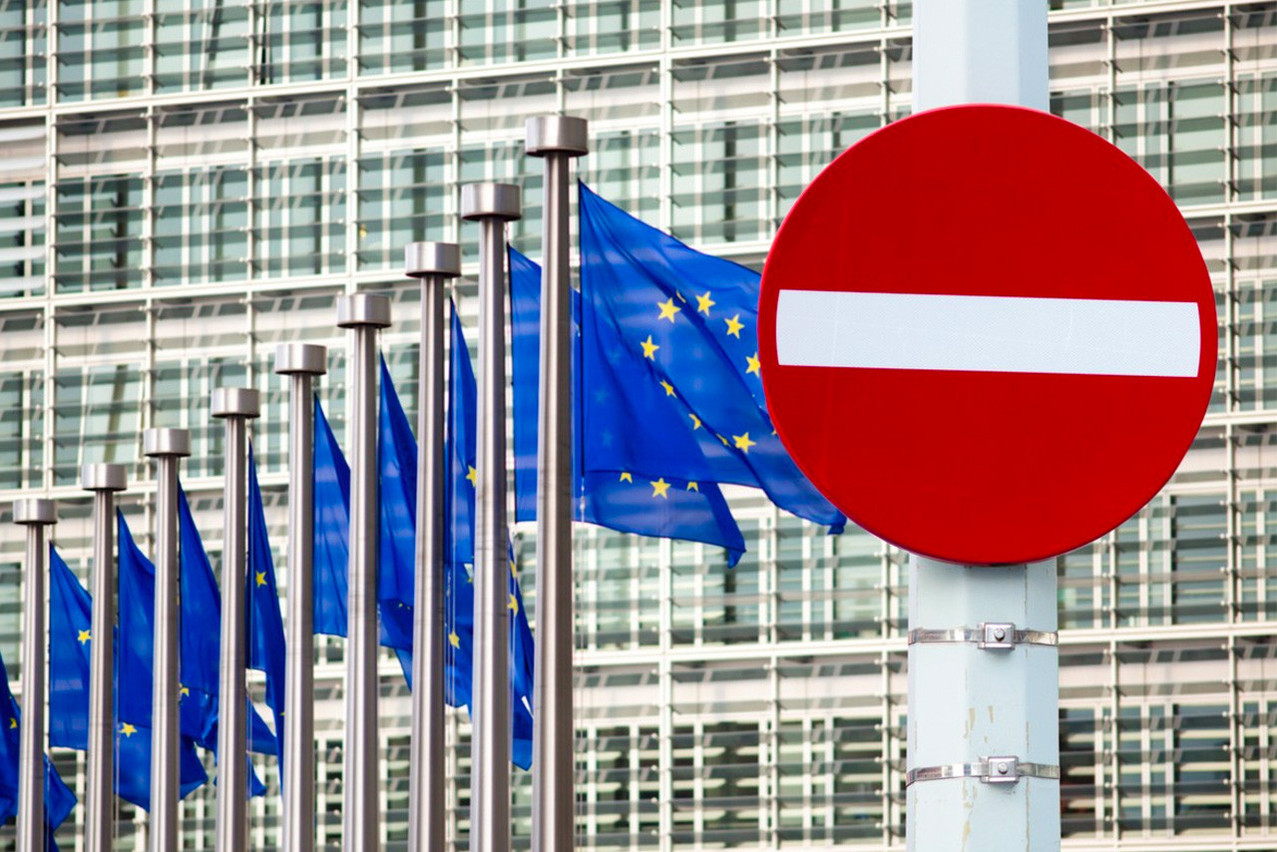As of 12 April, financial players can no longer sell securities denominated in an official currency of an EU member state to any Russian national, as well as to any natural person residing in Russia nor to any legal entity established in Russia. All such persons are also prohibited from purchasing units in investment funds exposed to official currencies of member states. This ban stems from the against Russia by the Council of the European Union.
These rules, enshrined in EU Regulation 2022/578 of 8 April, also apply to the same types of Belarusian persons.
EU Regulation 2022/328, established on 25 February, the day after the first day of the Russian invasion of Ukraine, already contained such a provision. However, it does not apply to Russian nationals who are citizens of an EU member state or holders of a residence permit in a member state.
Deposits of more than €100,000
At the same time, the new regulation makes a significant change with regard to deposits of more than €100,000. Under Regulation 2022/328, credit institutions can no longer accept deposits exceeding this amount from Russian nationals or legal persons established in Russia.
However, the text provided for an exception for nationals of a member state and natural persons holding a temporary or permanent residence permit in an EU country. This measure had caused some confusion among some bank customers who had been asked by their bank to update their KYC (know your customer) profiles.
In addition, responding to a concern that cryptoassets could help circumvent sanctions regimes, the EU rules apply to virtual asset services provided to Russian nationals, natural persons resident in Russia and legal persons established in Russia. As a result, these persons can no longer receive portfolio, account or custody services for cryptoassets in the EU if the total value of these assets exceeds €10,000.
Legal constructions
Taking the restrictive measures a step further, the fifth set of sanctions seeks to prevent circumvention of the sanctions through the use of legal arrangements. For example, Regulation 2022/578 prohibits financial professionals from registering a trust or similar arrangement, or from providing a registered office, business or administrative address, and management services.
Luxembourg’s minister of finance, Yuriko Backes (DP), answered on 11 April from MP Nathalie Oberweis (dei Lénk) about the risk of trusts and company service providers (TCSP) circumventing the sanctions. Explaining that this aspect was then covered by the fifth set of sanctions, the finance minister added that “there is currently no indication that sanctions are being circumvented in Luxembourg”.
Legal constructions can indeed be used as a means to hide the identification of beneficial owners or to make their identification more complicated, report by the justice ministry highlighted in February .
This article was originally published in French by and has been translated for Delano
